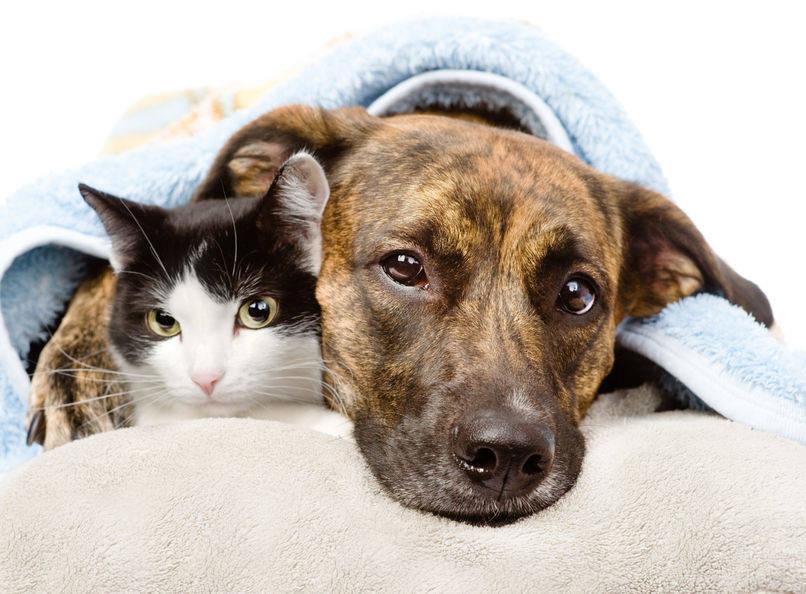A recent backup at Juneau’s only pet cremation service has shed light on the fact that pet owners’ options are fairly limited once their pet dies.
Bridge Pet Services, the city’s lone pet cremation service, has been experiencing delays in recent months, owner Mike Dziuba acknowledged. The issue came to a head when pet owners began talking with each other in person and on Facebook about the long waits they’d endured after sending their deceased pets to Bridge Pet.
Dziuba declined interview requests, but acknowledged that there were delays and he’s working to catch up.
“I’m slowly making headway with the clients,” Dziuba said. “They are my priority right now.”
Bridge Pet was founded in 2007, according to its website. It filled a community need, as Gastineau Humane Society Executive Director Samantha Blankenship said. She said GHS used to have an incinerator, but hasn’t had one for at least 25 years. Prior to 2007, pet owners had to ship their deceased pets to Anchorage or elsewhere if they wanted to get cremation done.
That isn’t the only option for pet owners in Juneau, but it’s the preferred method for many.
According to the Alaska Department of Environmental Conservation, there are three common options for pet disposal. People can bring their pets to a landfill, bury them on private property or cremate them. Pets must be buried at least 100 feet from any body of water and must be covered with lime and at least two feet of soil. Pet owners must bury them on their own property or get permission from the property owner.
The disposal of birds is different, and the DEC recommends that people who find dead birds should not touch them with bare hands. A pet bird should be double-wrapped in two plastic bags before being placed in the household garbage, the DEC recommends. If a bird is dead with no obvious cause, it should be reported to the Alaska Sick and Dead Bird Hotline at 1-866-527-3358.
There’s also a city ordinance, one that City Manager Rorie Watt said dates back to 1901. The ordinance, numbered 08.45.020 and simply entitled “Dead animals,” says people need to “immediately” dispose of any dead animal. Watt said there isn’t an exact definition of “immediately,” but that the disposal should obviously happen sooner rather than later.
Animals, according to the ordinance, must be buried, disposed at the landfill or cremated. If a person finds an animal on their property and the animal has a tag or other form of identification, the ordinance reads, the property owner can take time to contact the owner or animal control. Animal control will then try to locate the owner.
Blankenship said GHS does that with animals that are found on the side of the road or elsewhere. She also added that Bridge Pet has helped them over the years by cremating animals that GHS has not been able to identify, and doing the service for no charge. Blankenship said they’ve experienced some delays with Bridge Pet in recent months but are confident that Dziuba will be diligent in catching up.
Blankenship said GHS is not considering installing an incinerator anytime soon.
“We haven’t really seriously looked at that possibility,” Blankenship said. “We try and focus on the health of animals while they’re with us.”
DV.load(“https://www.documentcloud.org/documents/4424833-2016-Animal-Remains-2.js”, {
responsive: true,
container: “#DV-viewer-4424833-2016-Animal-Remains-2”
});
2016 Animal Remains (2) (PDF)
2016 Animal Remains (2) (Text)
• Contact reporter Alex McCarthy at 523-2271 or amccarthy@juneauempire.com. Follow him on Twitter at @akmccarthy.

